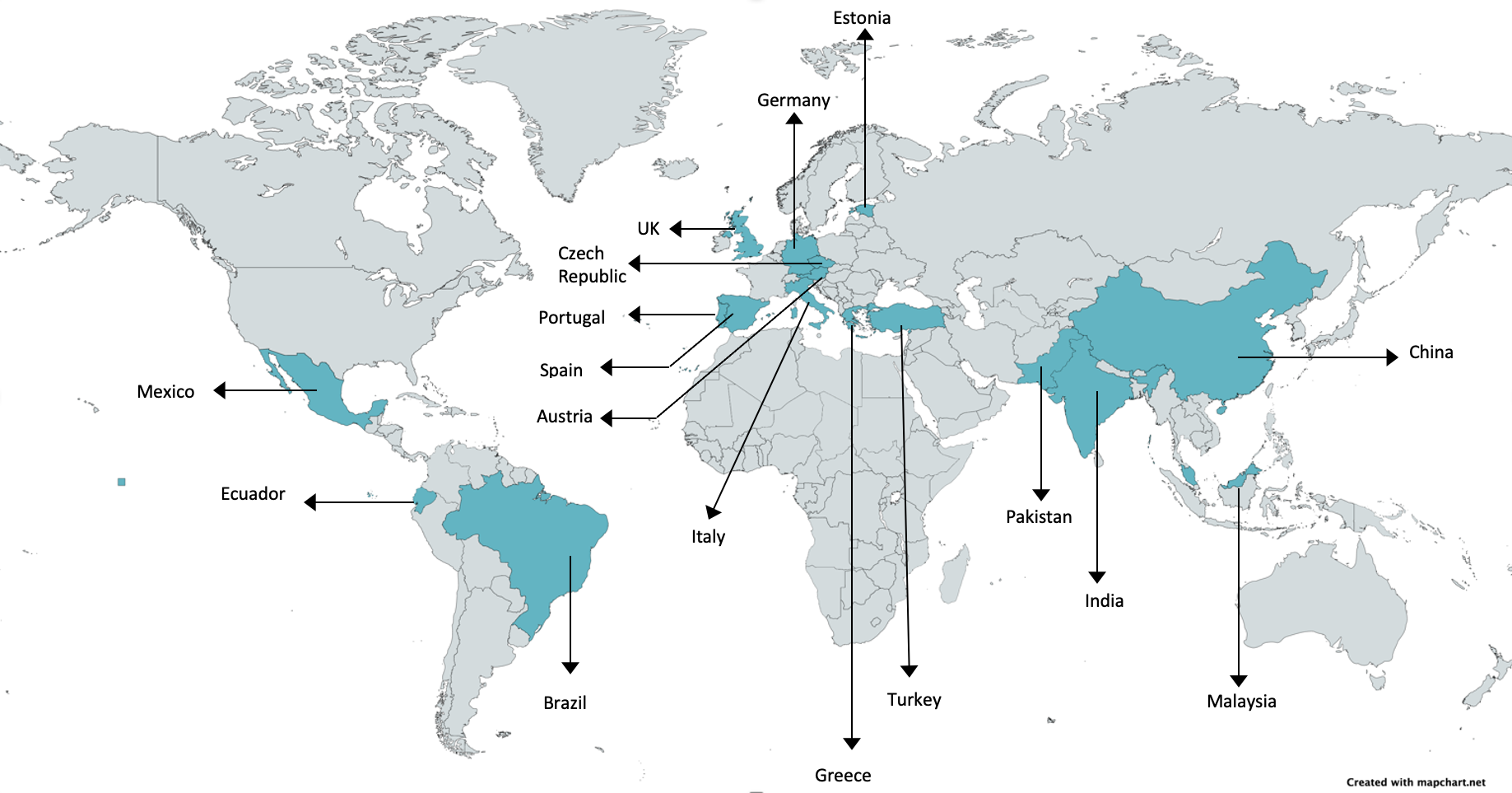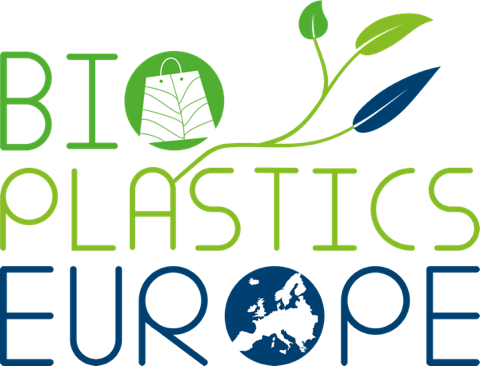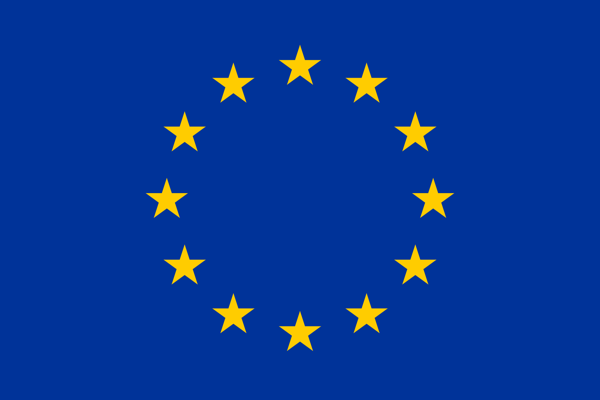Recap: 4th HISCAP event "Plastic Waste Management of European Coastal Cities"
Here you can read a summary of 4th HISCAP event "Plastic Waste Management of European Coastal Cities", which took place on 12 Oct 2021.

Image: countries where the participants of the 4th HISCAP event were located
Yearly, millions of tonnes of plastic end up in the ocean causing environmental, economic, and health problems. European coastal cities are especially vulnerable to plastic pollution, since much of plastic waste ends up in the oceans, in addition to the pressures of tourism.
With its 4th event, HISCAP has promoted successful initiatives and good practices from public administration, NGOs, researchers, and the general public.
Dr. Jelena Barbir from the Hamburg University of Applied Sciences (Germany) opened the event talking about how European networks (such as HISCAP) can help coastal cities to better manage plastic waste.
Then, the keynote speaker of the day, Vincent Decarp of Zero Plastic Oceans (Turkey), presented the ocean bound plastic certification program, which aims to mobilize the industry on collecting, recycling and treating plastic materials which are at risk of entering the oceans. In 16 months, 19 certifications have already been issued, mostly in Asia but also in Europe.
Xenia Trombou of Garbage Art Corfu (Greece) spoke about the community recycling centres which were created in Corfu to address the island's recent waste management crisis. By encouraging people to recycle, this action reduced the pressure on conventional waste bins. The recycling centres, which are managed by volunteers, have recycled over 160 tonnes of materials; moreover, some items have been redirected to reuse. Ms. Trombou also spoke about the Corfu Cup initiative, a coffee cup “to rent” which can be returned at any affiliated establishment. The Corfu Cup is part of the MEDfreeSUP project, which is supported by the European Institute of Innovation and Technology Climate Knowledge and Innovation Community (EIT Climate-KIC).
Prof. Antonella Penna of Urbino University (Italy) spoke about the project SMILE which was implemented in the Italian region of Liguria between 2013 and 2015. The project developed an integrated approach to set up a local waste management strategy and raise awareness among citizens and tourists to encourage correct behaviour. Results show that there was a general decrease of about 30% of the number of waste items found in the pilot area.
Afterwards, Ana Catarina Oliveira Ferreira from the Municipality Porto (Portugal) presented Porto’s systemic approach to the challenges posed by plastic waste. Porto's approach entails many actions, from progressively eliminating the acquisition of single use plastics, supporting employees reducing their single use plastic consumption, improving management practices and engaging in education and awareness activities. They implemented a successful campaign to increase tap water consumption and implemented a door-to-door scheme to increase selective waste collection.
The last presenter was Prof. Žaneta Stasiškienė, of the Kaunas Technological University (Lithuania). She presented her research on key policy recommendations to combat plastic waste and marine debris. This includes increasing the coverage of waste collection services and the provision of better access to solid waste management facilities, particularly in rural areas. Also key are investments in new final disposal sites as well as upgrading existing ones.
Afterwards, the panel discussion was opened with the participation of all speakers. They exchanged views on how to promote a truly circular economy, and they all agreed on the need for a reduction of waste as the very best impact any person or organisation could have.
You can obtain more information on the featured initiatives:
Ocean Bound Plastic Certification
Corfu Cup
Climate-KIC - Climate Knowledge and Innovation Community
MEDfreeSUP - Single-use plastic (SUP) free systemic local applications along the Mediterranean east coast
SMILE – Strategies for Marine Litter and Environmental prevention of sea pollution in coastal areas
Beba Água do Porto (in Portuguese)


